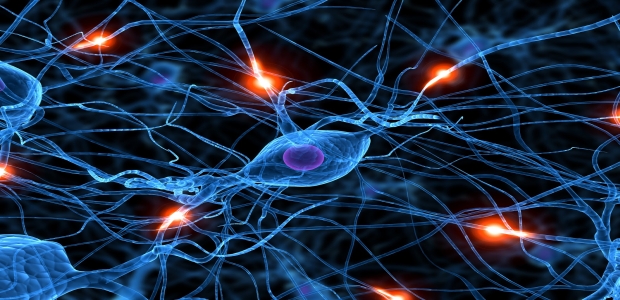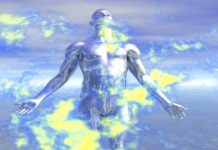For more than a century, it was a mantra of biology: brain cells do not regenerate. It was thought you were born with all the brain cells you would ever have, and if one died it would never be replaced. Some people still think this today – despite many studies showing that neurogenesis, the creation of new brain cells, does occur in adults.
Evidence for neurogenesis in adult rats, songbirds and monkeys began to emerge in the 1960s, but it was a study published in Nature Medicine in 1998 that proved conclusive regarding humans. Neurobiologist Fred H Gage of the Salk Institute, California led a team that looked at human brain tissue from postmortem patients, taken from regions that had been shown to be neurogenic in adult rodents and monkeys.
The work showed that new neurons were generated from dividing progenitor cells in the hippocampus – a region deep within the brain involved with learning and memory. Since then, research has shown that the hippocampus is the most active area of neurogenesis in the human brain. Thousands of new cells are produced there every day, although many die within weeks of their ‘birth’.
Those that survive do so by connecting with existing neurons, suggesting the potential for a self¬healing brain. Today, researchers are trying to harness and enhance neurogenesis in order to find better treatments for disorders such as epilepsy and Alzheimer’s disease.
So yes, brain cells do regenerate. What’s more, you can actively encourage the process. The more physical and mental exercise you get, the more brain cells you grow, the longer they survive and the better they connect with other nerve cells.



































